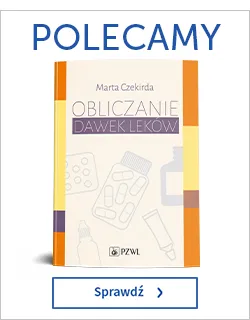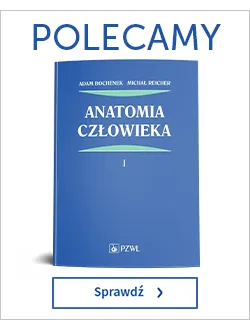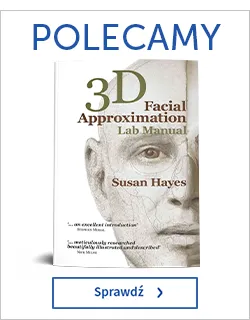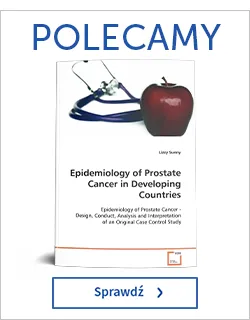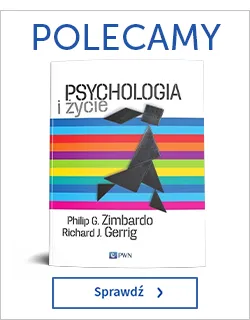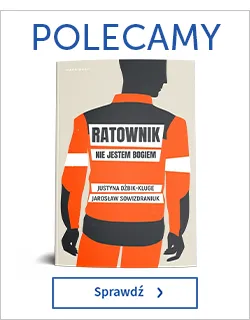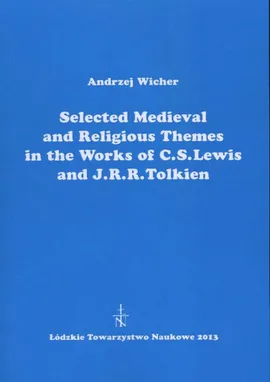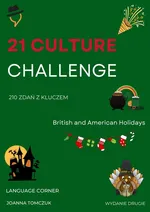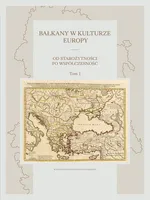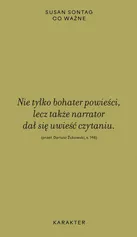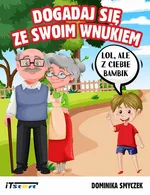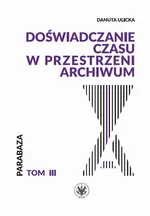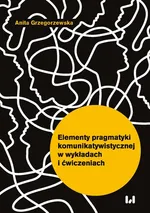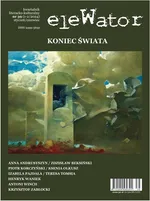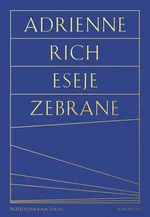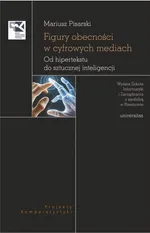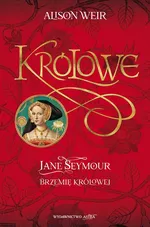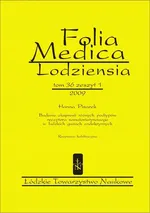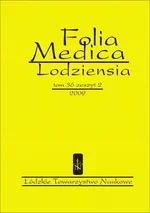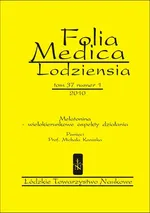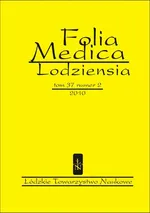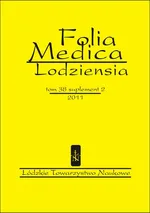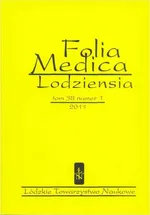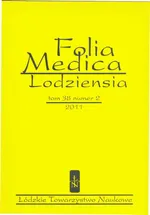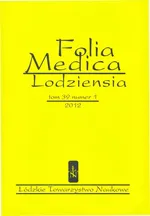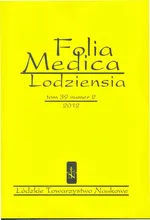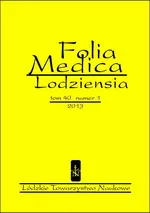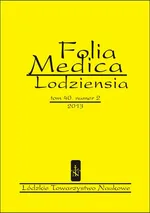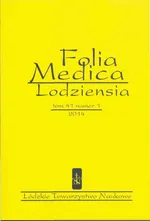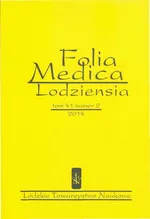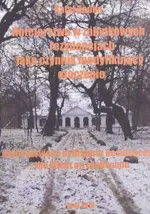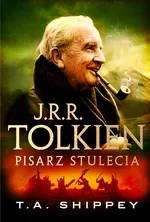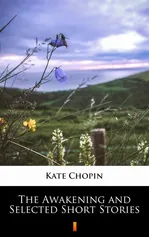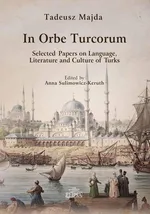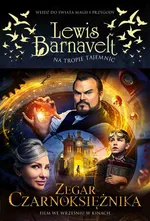- Kategorie:
- Język wydania: ??angielski_pl_PL??
- ISBN: 978-83-60655-71-9
- Liczba stron: 320
-
Sposób dostarczenia produktu elektronicznegoProdukty elektroniczne takie jak Ebooki czy Audiobooki są udostępniane online po uprzednim opłaceniu (PayU, BLIK) na stronie Twoje konto > Biblioteka.Pliki można pobrać zazwyczaj w ciągu kilku-kilkunastu minut po uzyskaniu poprawnej autoryzacji płatności, choć w przypadku niektórych publikacji elektronicznych czas oczekiwania może być nieco dłuższy.Sprzedaż terytorialna towarów elektronicznych jest regulowana wyłącznie ograniczeniami terytorialnymi licencji konkretnych produktów.
-
Ważne informacje techniczne
-
Minimalne wymagania sprzętowe:
- procesor: architektura x86 1GHz lub odpowiedniki w pozostałych architekturach
- Pamięć operacyjna: 512MB
- Monitor i karta graficzna: zgodny ze standardem XGA, minimalna rozdzielczość 1024x768 16bit
- Dysk twardy: dowolny obsługujący system operacyjny z minimalnie 100MB wolnego miejsca
- Mysz lub inny manipulator + klawiatura
- Karta sieciowa/modem: umożliwiająca dostęp do sieci Internet z prędkością 512kb/s
-
Minimalne wymagania oprogramowania:
- System Operacyjny: System MS Windows 95 i wyżej, Linux z X.ORG, MacOS 9 lub wyżej, najnowsze systemy mobilne: Android, iPhone, SymbianOS, Windows Mobile
- Przeglądarka internetowa: Internet Explorer 7 lub wyżej, Opera 9 i wyżej, FireFox 2 i wyżej, Chrome 1.0 i wyżej, Safari 5
- Przeglądarka z obsługą ciasteczek i włączoną obsługą JavaScript
- Zalecany plugin Flash Player w wersji 10.0 lub wyżej.
-
Informacja o formatach plików:
- PDF - format polecany do czytania na laptopach oraz komputerach stacjonarnych.
- EPUB - format pliku, który umożliwia czytanie książek elektronicznych na urządzeniach z mniejszymi ekranami (np. e-czytnik lub smartfon), dając możliwość dopasowania tekstu do wielkości urządzenia i preferencji użytkownika.
- MOBI - format zapisu firmy Mobipocket, który można pobrać na dowolne urządzenie elektroniczne (np.e-czytnik Kindle) z zainstalowanym programem (np. MobiPocket Reader) pozwalającym czytać pliki MOBI.
- Audiobooki w formacie MP3 - format pliku, przeznaczony do odsłuchu nagrań audio.
-
Rodzaje zabezpieczeń plików:
- Watermark - (znak wodny) to zaszyfrowana informacja o użytkowniku, który zakupił produkt. Dzięki temu łatwo jest zidentyfikować użytkownika, który rozpowszechnił produkt w sposób niezgodny z prawem.
- Brak zabezpieczenia - część oferowanych w naszym sklepie plików nie posiada zabezpieczeń. Zazwyczaj tego typu pliki można pobierać ograniczoną ilość razy, określaną przez dostawcę publikacji elektronicznych. W przypadku zbyt dużej ilości pobrań plików na stronie WWW pojawia się stosowny komunikat.
Selected Medieval and Religious Themes in the Works of C.S. Lewis and J.R.R. Tolkien
(eBook)-
Druk: Łódź, 2013
-
Wydanie/Copyright: wyd. 1
-
Autor: Andrzej Wicher
-
Wydawca: Łódzkie Towarzystwo Naukowe
-
Formaty:
PDF (Watermark)WatermarkZnak wodny czyli Watermark to zaszyfrowana informacja o użytkowniku, który zakupił produkt. Dzięki temu łatwo jest zidentyfikować użytkownika, który rozpowszechnił produkt w sposób niezgodny z prawem. Ten rodzaj zabezpieczenia jest zdecydowanie najbardziej przyjazny dla użytkownika, ponieważ aby otworzyć książkę zabezpieczoną Watermarkiem nie jest potrzebne konto Adobe ID oraz autoryzacja urządzenia.
Selected Medieval and Religious Themes in the Works of C.S. Lewis and J.R.R. Tolkien
Preface
(fragment)
It is perhaps trivial to say that the personalities and works of J. R. R. Tol kien
and C. S.
Lewis evoke rather extreme feelings in audiences. Sometimes
these emotions are those of deep admiration and fascination, and
sometimes, though much less often, those of disgust or even contempt.1 It
is, however, easy to see that sometimes they hardly incite any feelings at all
because it certainly is not true that one must feel strongly about these two
famous and popular, but hardly “canonical” English writers, who happened
to be friends and to have shared much of their life experiences together.
As writers, they both can be described as providers of niche products,
interesting for fantasy literature buffs and, particularly in the case of
C. S. Lewis, for Christians, particularly committed Christians. The latter
once were a majority of the Western consumers of culture, but, already in
the days of
Tolkien and Lewis, they became, at least in Britain and in many
other places in the West, something of an embattled minority. At that time,
the majority of the population consisted of people with hardly any religion,
or of lukewarm Christians. If we try to ask ourselves why Tolkien and
Lewis are, occasionally, so much disliked and shunned, we might end up
with some rather obvious answers. They certainly are seen as profoundly
old-fashioned, or even reactionary, since they hardly belong to the epoch of
the 20th century Modernism (or Post-Modernism) with which they seem to
be associated purely by a chronological coincidence. Indeed both yearned
for rather distant epochs, and heartily disliked the modern industrial and
technological civilisation. On the other hand, it is also possible that sometimes both Tolkien and Lewis
exaggerated the extent of their own conservatism, while being aware that
this manoeuvre may have cost them a lot in terms of popular support. In
one of his most famous texts, the lecture called De Descriptione Temporum,
Lewis talks about how great an experience it would have been for a
paleontologist to meet a live dinosaur, or for a student of Classical Greek
drama to meet a live Athenian from the times of Sophocles. The point is
that he defi nes himself as an “old Western man”, that is a specimen of the
cultural formation that disappeared, according to him, around the year 1820,
with the onset of the age dominated by science and machinery. He mentions
Jane Austen and Sir Walter Scott as some of the last representatives of this
Old Western culture:
Ladies and gentlemen, I stand before you somewhat as that Athenian might
stand. I read as a native texts that you must read as foreigners. You see why
I said that the claim was not really arrogant; who can be proud of speaking
fl uently his mother tongue or knowing his way about his father’s house? It is
my settled conviction that in order to read Old Western literature aright you
must suspend most of the responses and unlearn most of the habits you have
acquired in reading modem literature. And because this is the judgement of a
native, I claim that, even if the defence of my conviction is weak, the fact of
my conviction is a historical datum to which you should give full weight. That
way, where I fail as a critic, I may yet be useful as a specimen. I would even
dare to go further. Speaking not only for myself but for all other Old Western
men whom you may meet, I would say, use your specimens while you can.
There are not going to be many more dinosaurs.2
Thus, Lewis consciously represented himself as “old-fashioned” in quite a
literal sense of the word, that is as somebody whose mind was fashioned
a long time ago, or rather fashioned by cultural products of what he calls
Old Western age. Naturally, we have the right to treat this dinosaur rhetoric
with a pinch of salt, because there may be in it an admixture of the natural
desire of a middle-aged professor to appear more interesting in the eyes
of the students, or even in his own eyes, but, on the other hand, there is
little doubt that C. S. Lewis was steeped in old literary texts in quite an
amazing degree. He was not, at the same time, what one might call “a
natural dinosaur” because his love of old literature can more rightly be
called an acquired taste rather than a continuation of a family tradition.
Preface .........................7 Chapter 1 A Comparison of J. R. R. Tolkien’s and C. S. Lewis’s Modes of Thinking as exemplifi ed by The Lord of the Rings and The Chronicles of Narnia ...15 Chapter 2 Some Medieval Aspects of the Theme of Friendship and Love in The Horse and His Boy by C. S. Lewis .........................................61 Chapter 3 The Discourse of Orientalism in C. S. Lewis’s Chronicles of Narnia ........75 Chapter 4 “Nylons, Lipstick, and Invitations” – on the Question of Identity in Narnia ...........................93 Chapter 5 Planetary Symbolism in C. S. Lewis’s The Voyage of the Dawn Treader .......105 Chapter 6 The Image of Hell as a Hidden City in C. S. Lewis’s The Great Divorce ...127 Chapter 7 Some Boethian and Ecclesiological Themes in C. S. Lewis’s Screwtape Letters ..................................147 Chapter 8 The Problem of the Legitimacy and Topicality of the Fears for the Future of Civilization Expressed in C. S. Lewis’s That Hideous Strength ...........165 Chapter 9 C. S. Lewis’s Conception of Historicism and its Consequences – Particularly with Regard to The Last Battle ..........................................197 Chapter 10 Grief and Pain Observed and Revised in Selected Writings by C. S. Lewis ..........................207 Chapter 11 Tolkien’s Indolent Kings – Echoes of Medieval History in J. R. R. Tolkien’s Lord of the Rings ......215 Chapter 12 J. R. R. Tolkien’s Farmer Giles of Ham as an Anti-Beowulf – a Study in Tolkien’s Comical Spirit ..........231 Chapter 13 Tolkien’s Story of Beren and Lú thien in the Light of Medieval Romances, Sir Orfeo in Particular, and Tales of Magic .............................................245 Chapter 14 What Exactly does Tolkien Argue for in Beowulf: The Monsters and the Critics? – an Attempt at a Metacriticism .................................267 Chapter 15 A Discussion of the Nature of J. R. R. Tolkien’s Quarrel with Modernity. ............................288 Chapter 16 Therapeutic Categories. Some Remarks on the Relationship between Tolkien’s “Eucatastrophe” and Aristotle’s “Catharsis” ............................295 Conclusion ...............................303 Bibliography .........................309
-
Inne z kategorii
-
Inne wydawcy

